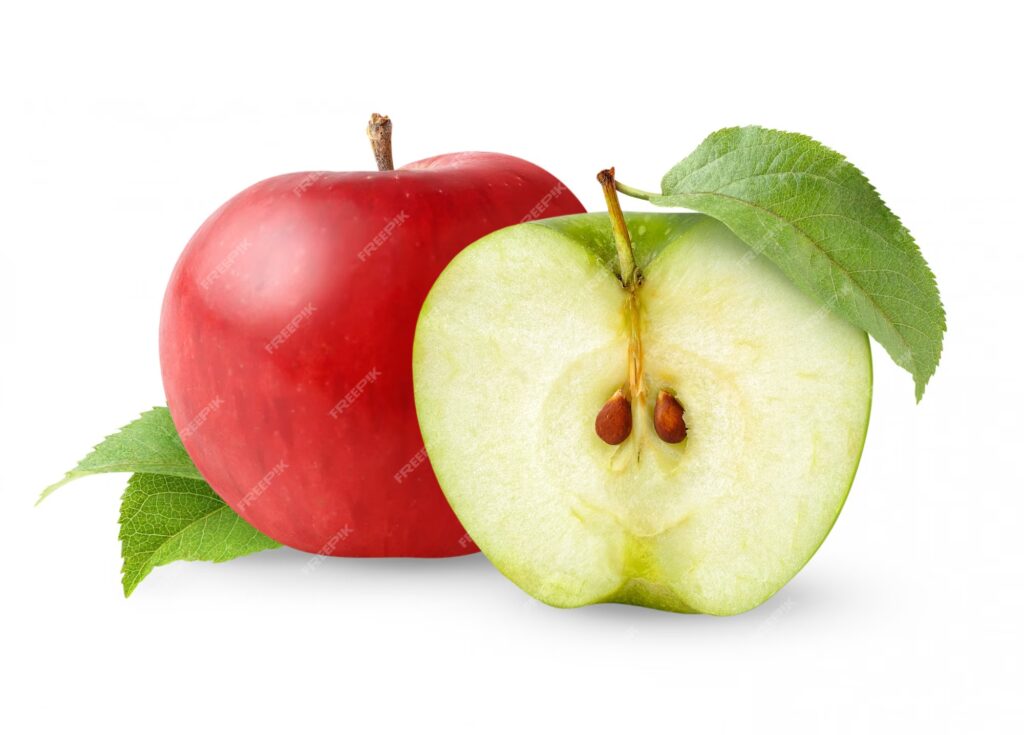Apples, with their crisp texture and natural sweetness, are one of the most popular fruits worldwide. They are not only delicious but also packed with essential nutrients, including fiber, vitamins, and antioxidants. However, questions often arise about whether apples are conducive to weight loss or if they can contribute to weight gain. In this comprehensive guide, we will delve into the nutritional profile of apples, their potential impact on weight management, and practical considerations for incorporating them into a balanced diet.
Understanding the Nutritional Profile of Apples
Apples are low in calories yet nutrient-dense, making them an excellent choice for those seeking to manage their weight. A medium-sized apple (about 182 grams) typically contains around 95 calories, negligible fat, and no cholesterol. However, what sets apples apart is their high fiber content, with approximately 4-5 grams of dietary fiber per serving, depending on the variety.
Weight-Loss-Friendly Aspects of Apples
Low in Calories
With only around 95 calories per medium-sized apple, incorporating apples into your diet can help create a calorie deficit, which is essential for weight loss. By replacing higher-calorie snacks or desserts with apples, you can reduce overall calorie intake without sacrificing satiety or satisfaction.
High in Fiber
Apples are rich in soluble and insoluble fiber, which contributes to feelings of fullness and promotes digestive health. Fiber slows down digestion, helping to stabilize blood sugar levels and prevent rapid spikes and crashes in energy. Additionally, fiber adds bulk to stools, aiding in regular bowel movements and promoting a healthy gut microbiome.
Low Energy Density
Apples have a low energy density, meaning they provide relatively few calories compared to their volume or weight. This makes them a filling and satisfying snack option that can help control hunger and prevent overeating. Including foods with low energy density, like apples, in your diet can support weight loss efforts by allowing you to eat larger portions with fewer calories.
Hydration
Apples have a high water content, contributing to hydration and satiety. Staying hydrated is essential for overall health and can support weight loss by reducing appetite and preventing fluid retention. Choosing water-rich foods like apples can help you stay hydrated while enjoying a nutritious and satisfying snack.
Practical Considerations for Weight Management
Portion Control
While apples are nutritious and low in calories, it’s essential to practice portion control, especially if you’re aiming to lose weight. Stick to one medium-sized apple per serving to avoid consuming excessive calories. Pairing apples with a source of protein or healthy fat, such as nut butter or Greek yogurt, can further enhance satiety and balance blood sugar levels.
Variety and Moderation:
While apples can be a valuable addition to a weight-loss diet, it’s essential to maintain variety and moderation. Incorporate a diverse range of fruits, vegetables, lean proteins, whole grains, and healthy fats into your meals and snacks to ensure you’re meeting your nutritional needs and enjoying a well-rounded diet.
Mindful Eating:
Practice mindful eating by paying attention to hunger and fullness cues, eating slowly, and savoring each bite. Avoid mindless snacking or eating apples as a substitute for addressing emotional or boredom-related eating. Focus on enjoying the taste, texture, and aroma of apples while being present in the moment.
Addressing Concerns about Sugar Content
Some individuals may express concerns about the sugar content of apples and its potential impact on weight gain. While apples contain natural sugars, including fructose, they also provide fiber, vitamins, minerals, and antioxidants that contribute to overall health. The fiber content in apples helps slow down the absorption of sugar into the bloodstream, preventing rapid spikes in blood glucose levels. Furthermore, the nutritional benefits of apples outweigh any potential negative effects of their natural sugar content when consumed as part of a balanced diet.
Conclusion
In conclusion, apples are a weight-loss-friendly food that can be a valuable addition to a healthy diet. With their low calorie content, high fiber content, low energy density, and hydration properties, apples can promote feelings of fullness, support digestion, and contribute to overall satiety. When incorporated into a balanced diet alongside other nutrient-rich foods, apples can help individuals achieve their weight loss goals while providing essential nutrients and antioxidants for optimal health. However, it’s essential to practice portion control, maintain variety, and be mindful of overall calorie intake to achieve sustainable weight loss results. By enjoying apples in moderation as part of a balanced diet and healthy lifestyle, you can harness their nutritional benefits while working towards your weight management goals.
ChatGPT can make mistakes. Conside

